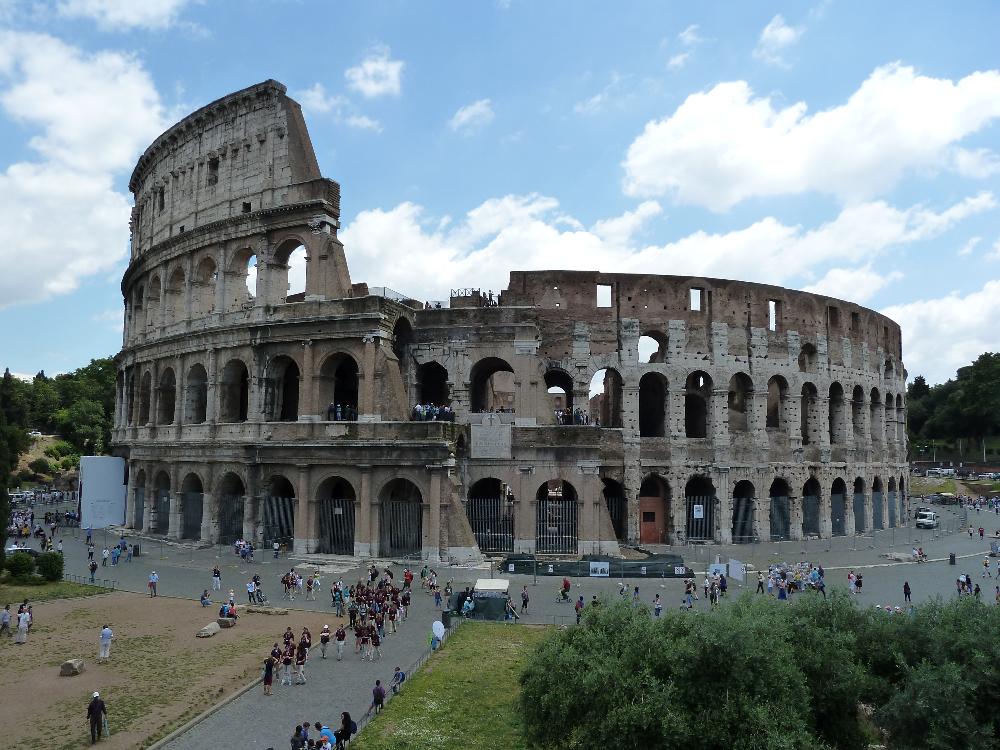Program overview
How did the Romans build the Colosseum? How were they able to expand their empire throughout the Mediterranean? What was Roman cuisine like? Join Iowa State professors David Hollander and Rachel Meyers as they lead you through an exploration of how the Romans built their empire stone by stone.
The 3-week Roman Italy program takes place in Rome, its environs, and the Bay of Naples. Our classrooms are some of the most famous museums and archaeological sites in the world: the Roman Forum, Vatican useums, Hadrian’s Villa at Tivoli, Pompeii, and many others. You will learn about the history, culture, art, architecture, and engineering accomplishments of the ancient Romans through examination of structures and artifacts. There will be time to explore the Renaissance and modern parts of Rome as well, and students can make visits on their own and enjoy Italian culture.


